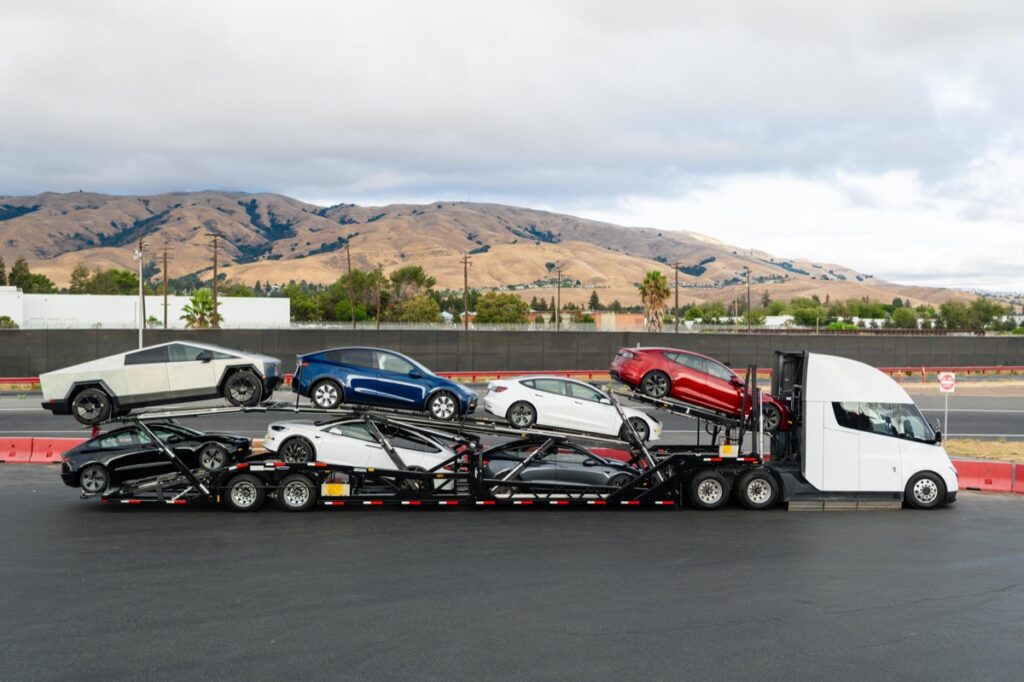
Tesla Targets $1.9 Billion in Component Sourcing from India: Minister
Tesla aims to source components worth between $1.7 and $1.9 billion from India, according to India’s Union Trade Minister Piyush Goyal.
Speaking at the 63rd Annual Session of the Automobile Component Manufacturers Association of India, Goyal revealed that Tesla had already procured parts worth $1 billion last year from Indian suppliers, reports Mint.
The announcement comes a month after Reuters reported that Tesla’s senior executives met with Goyal to discuss the possibility of establishing a factory in India. The proposed factory aims to produce a low-cost EV priced at $24,000, approximately 25% cheaper than Tesla’s current entry-level model. The vehicle would be targeted at both the Indian market and for export.
Goyal also touched upon trade issues, warning that the government might take retaliatory measures against countries that restrict access to Indian steel companies while exporting steel to India. He criticized some global auto firms for claiming that they bring investments into India, stating, “Investments come to India because of its market size.”
#WATCH | Delhi: Addressing the Annual Session of the 63rd Automobile Component Manufacturers Association of India, Union Minister Piyush Goyal says, "…Tesla already last year bought $ 1 bn of components from all of you sitting here. I have a list of companies who supplied to… pic.twitter.com/tyIDpmVyoh
— ANI (@ANI) September 13, 2023
The minister noted that the auto industry still relies on imports for 20% of its requirements, varying across companies. He dismissed the idea that investments in India should lead to continued imports, especially when local alternatives are available at competitive prices and high quality. Goyal also expressed concerns over non-tariff barriers and called for a level playing field between Indian suppliers and those from other countries.
Goyal urged the industry to trust the domestic ecosystem and announced that his ministry is working on quality control norms for various products. He also emphasized the need for increased research and development, as well as the upskilling and retraining of the workforce.
The minister’s comments indicate a complex interplay between trade policies, domestic manufacturing, and foreign investments, as India seeks to become a significant player in the global automotive industry.

